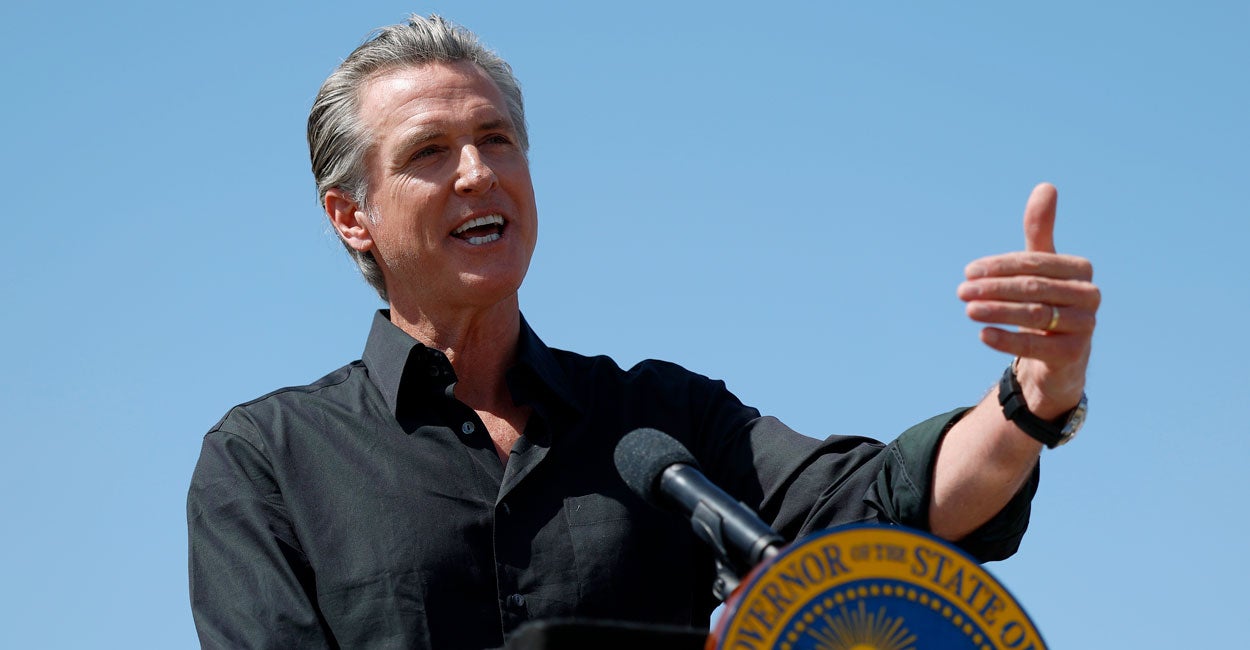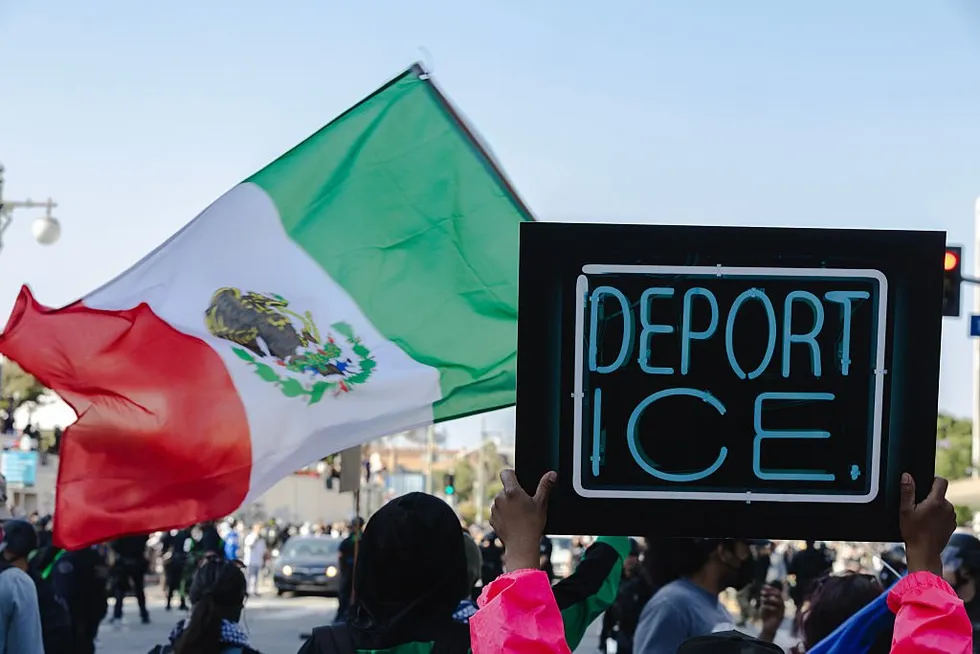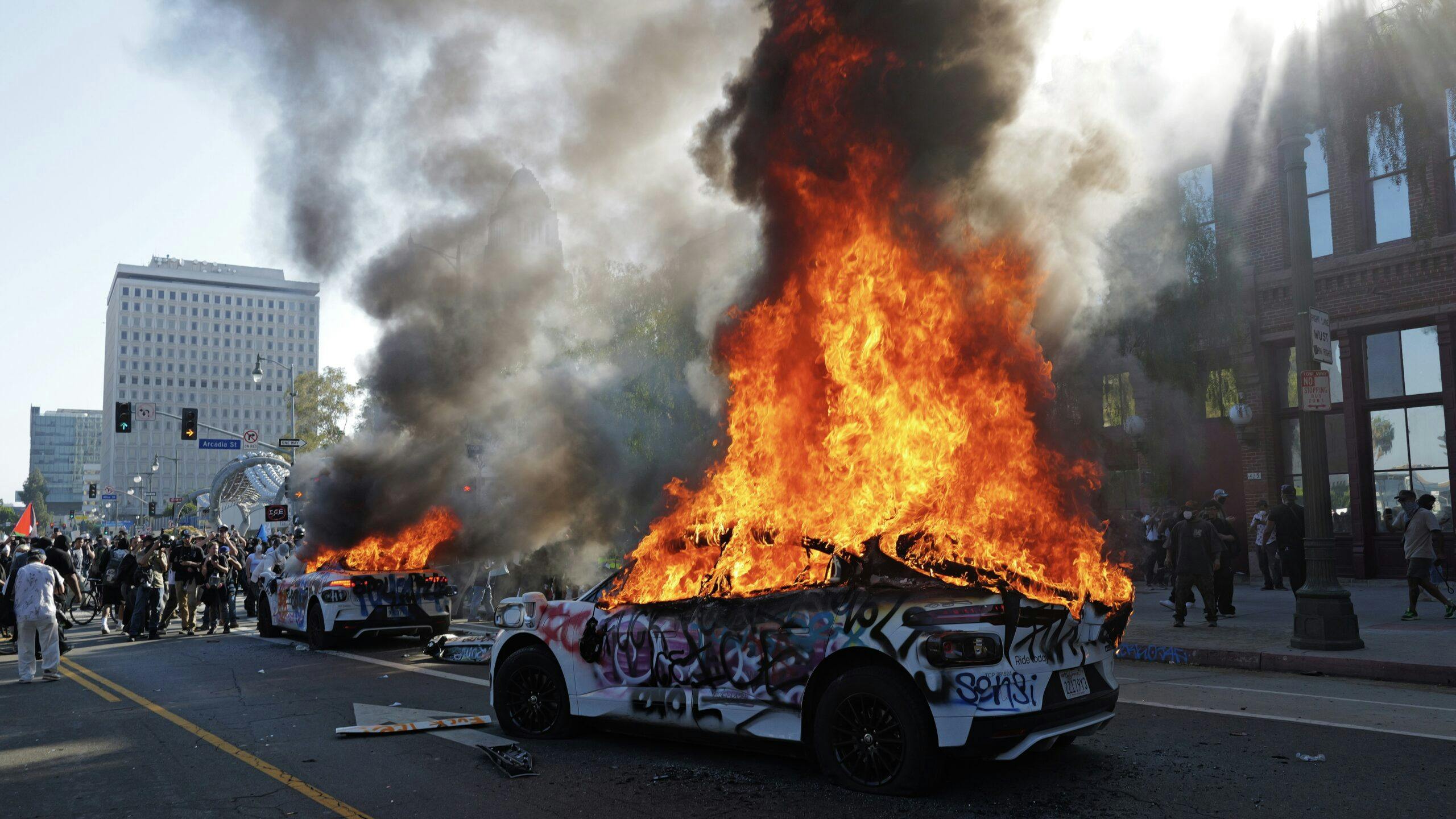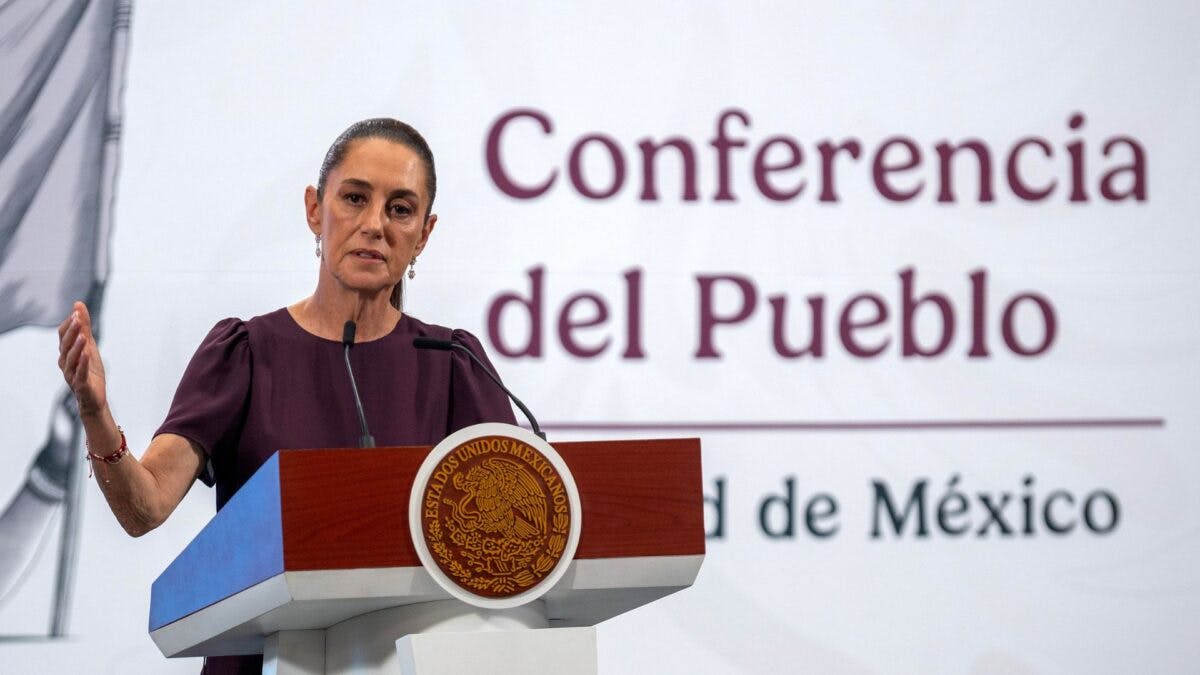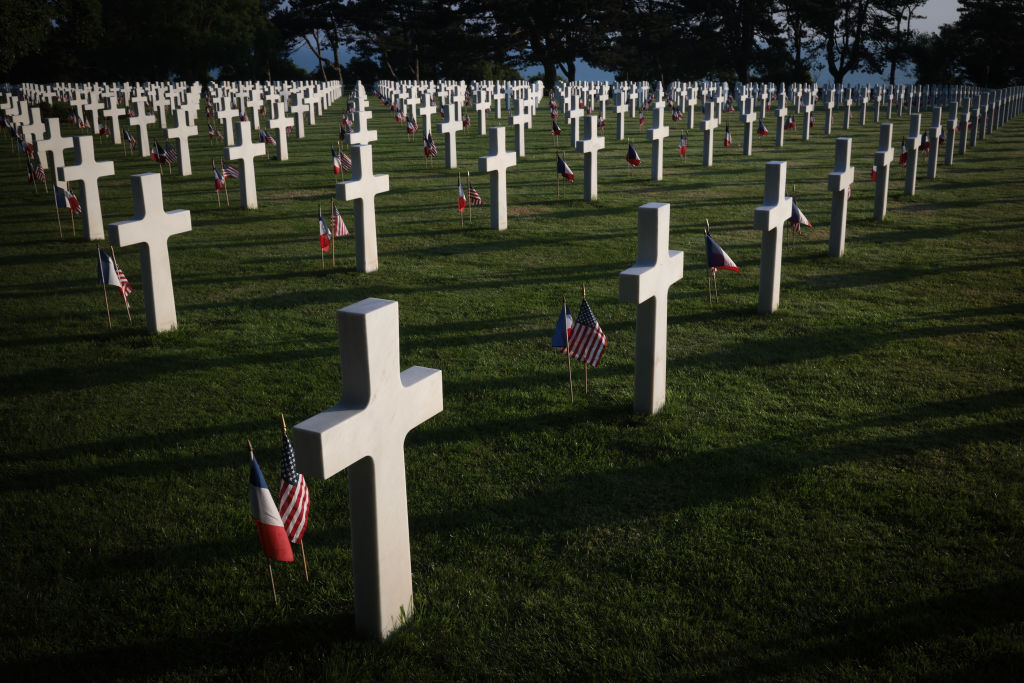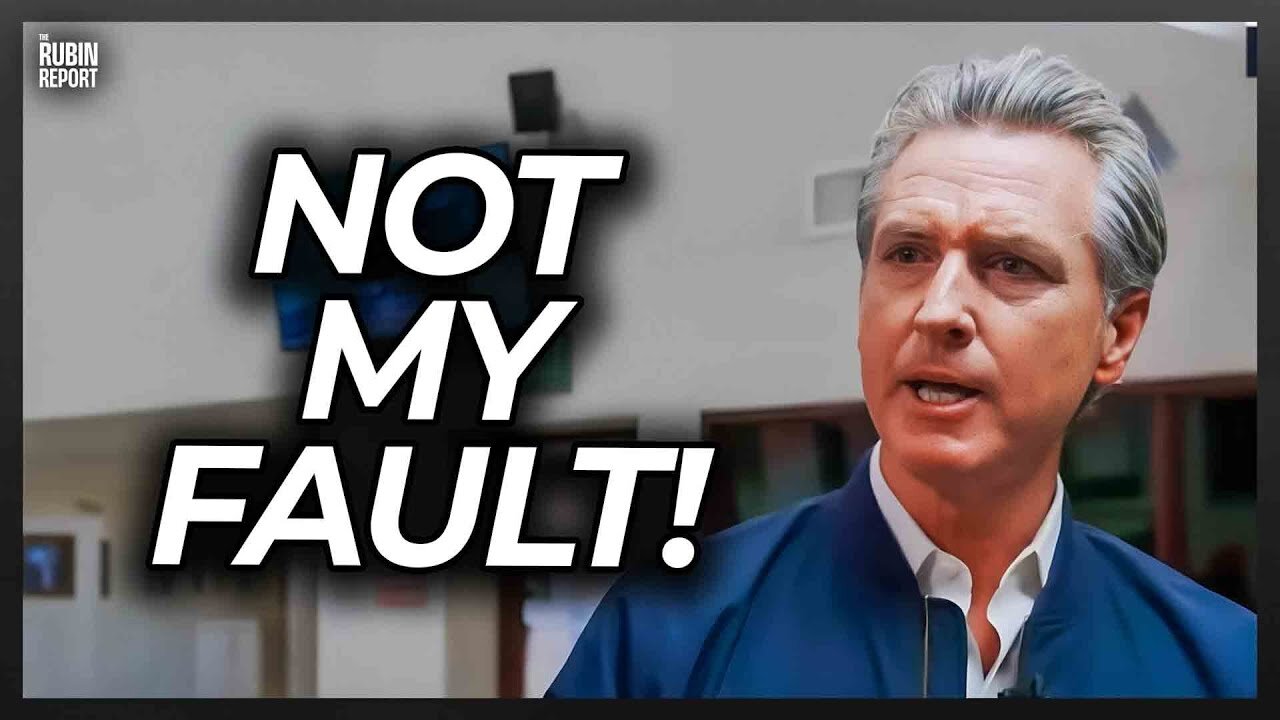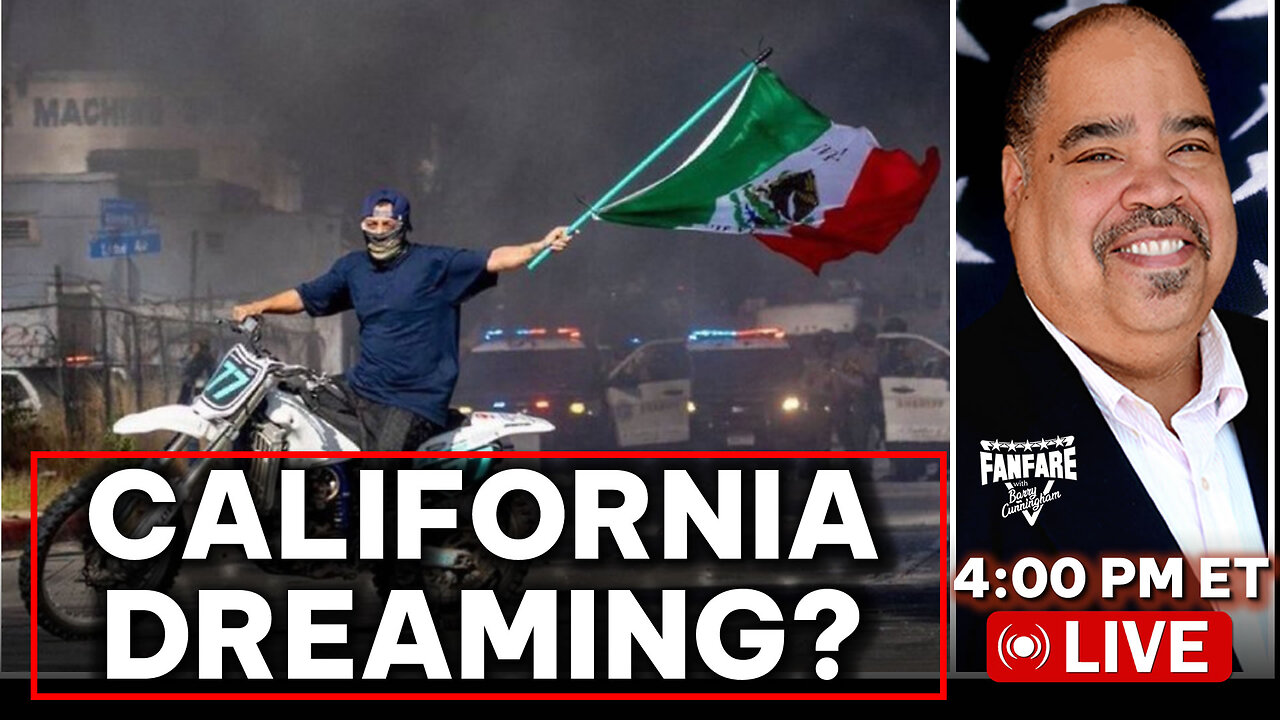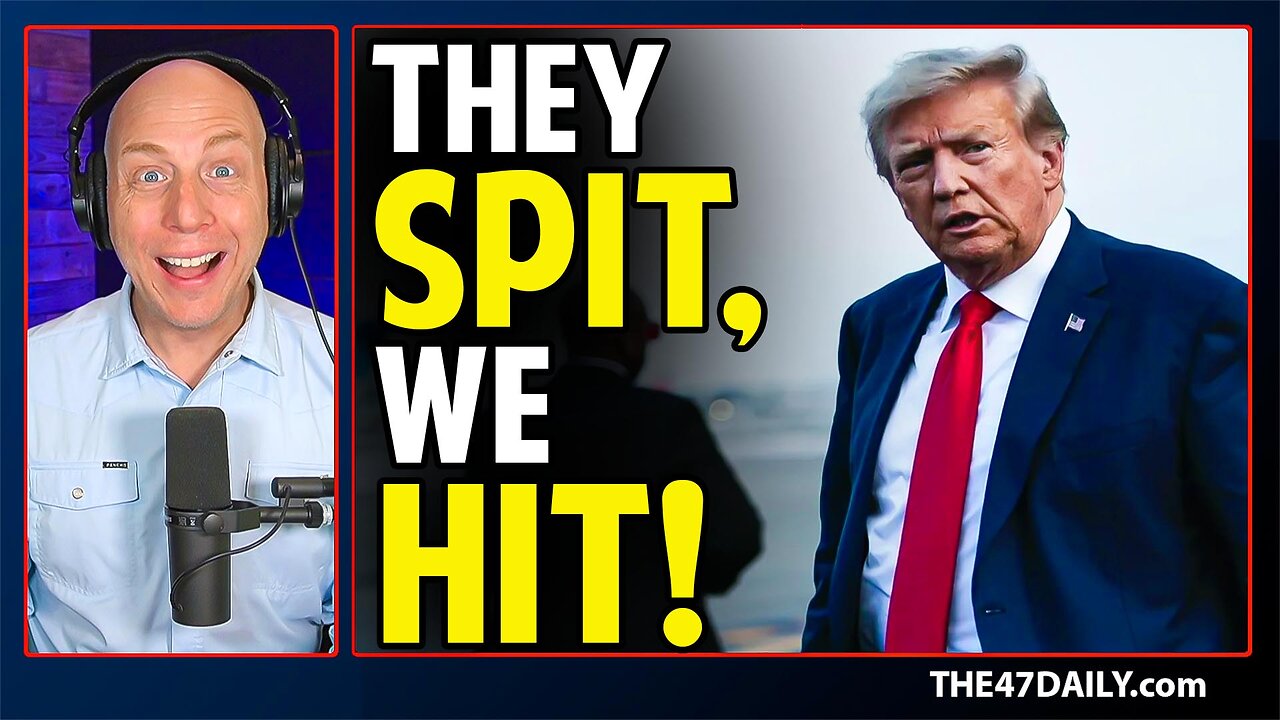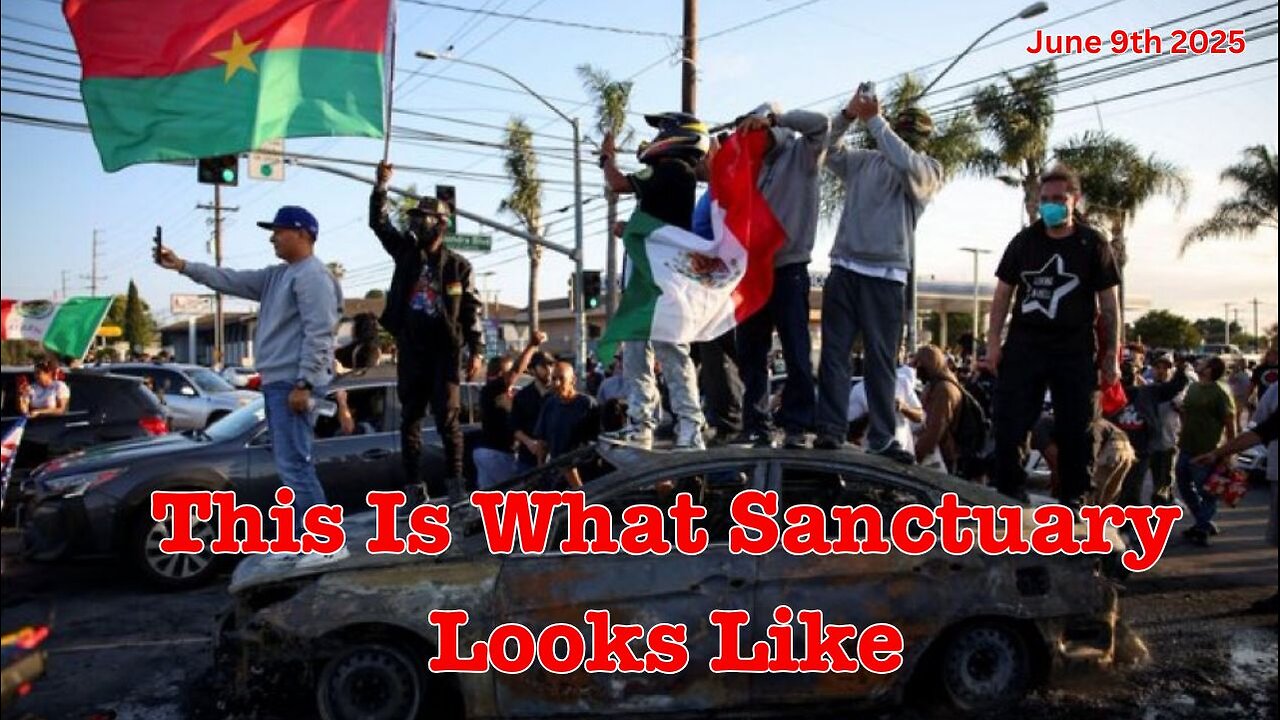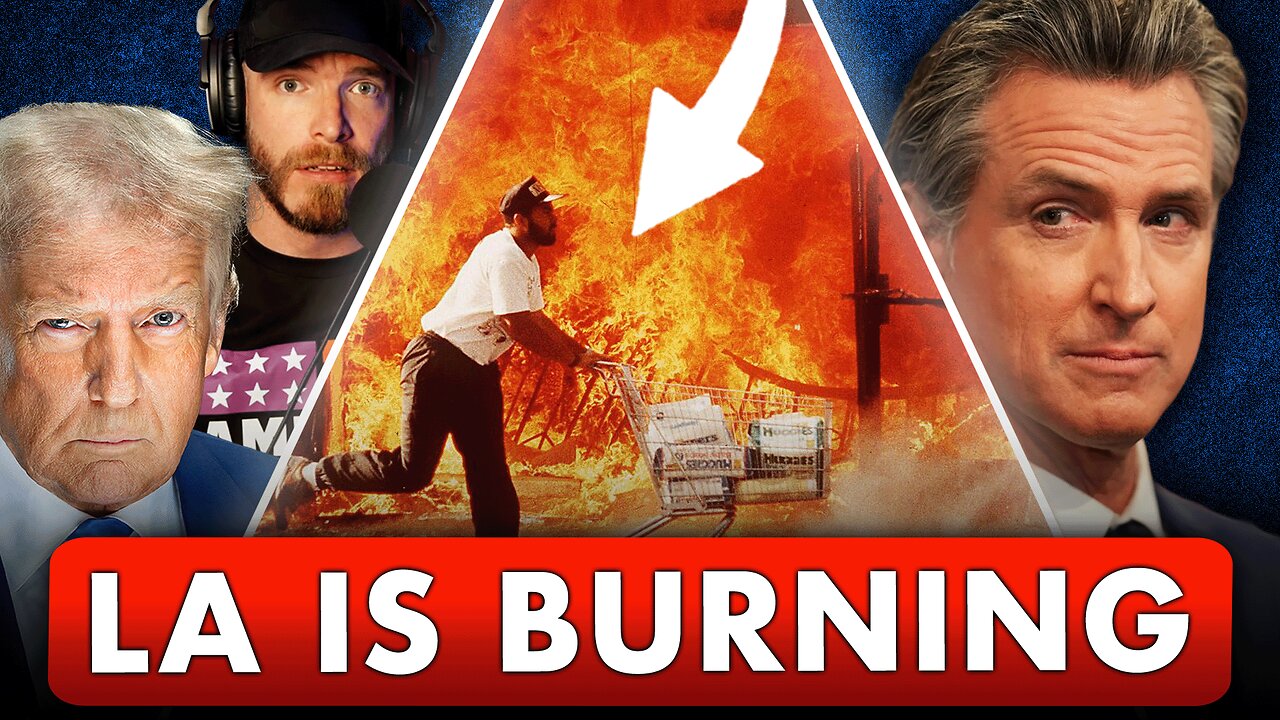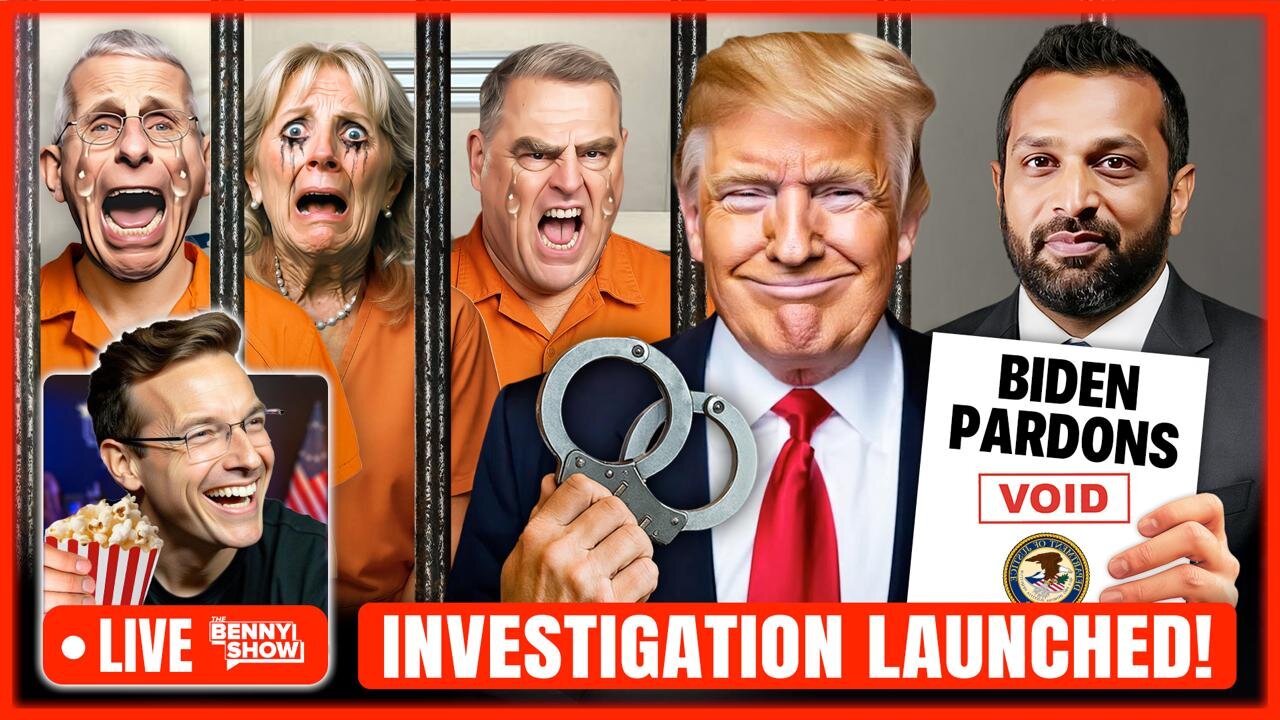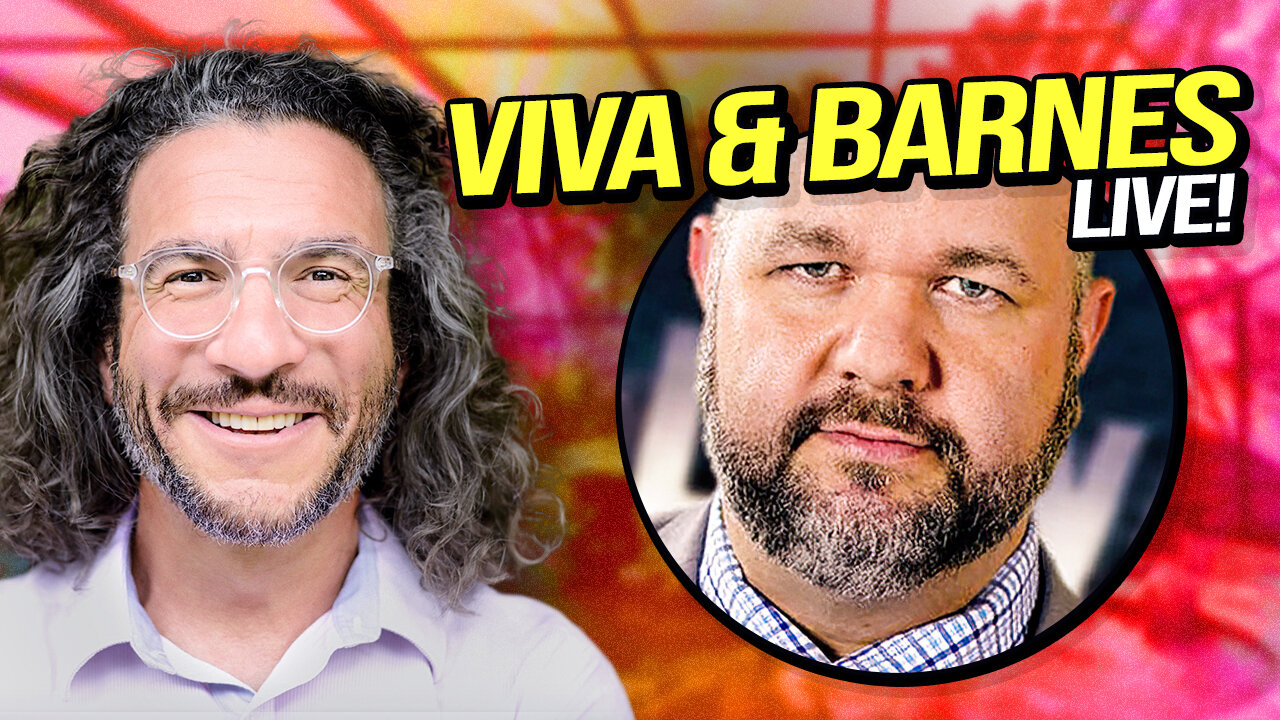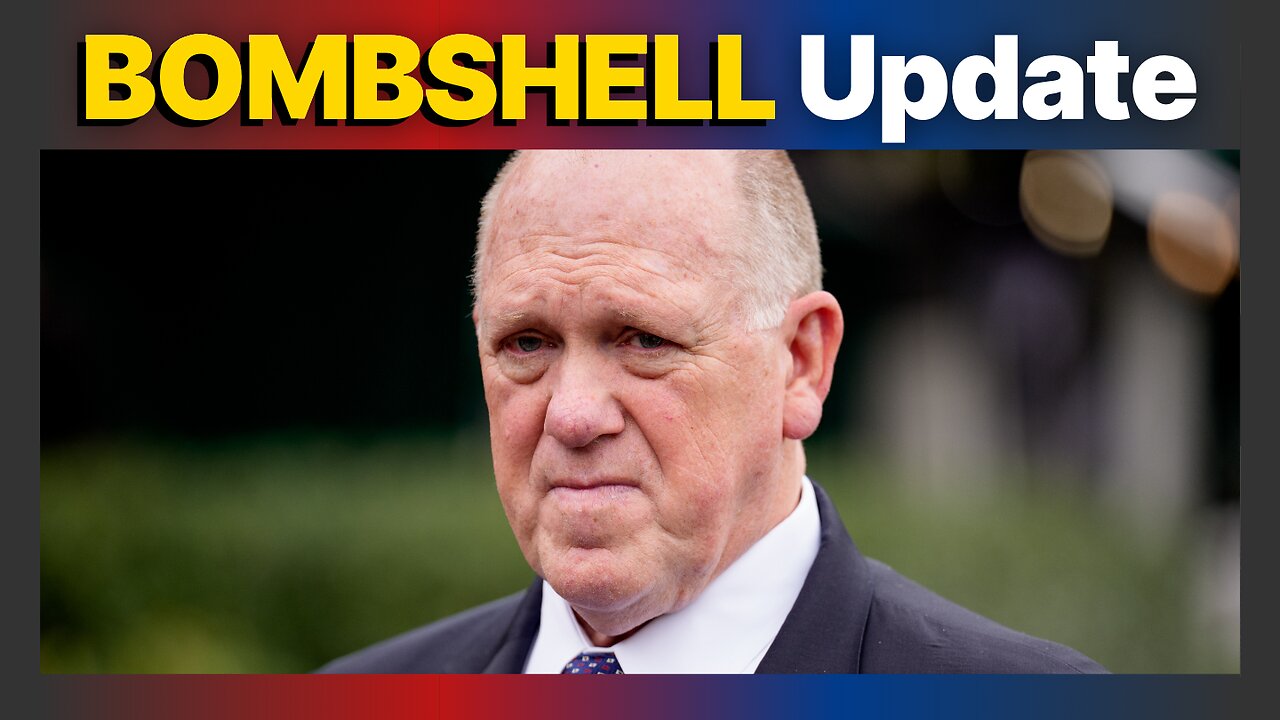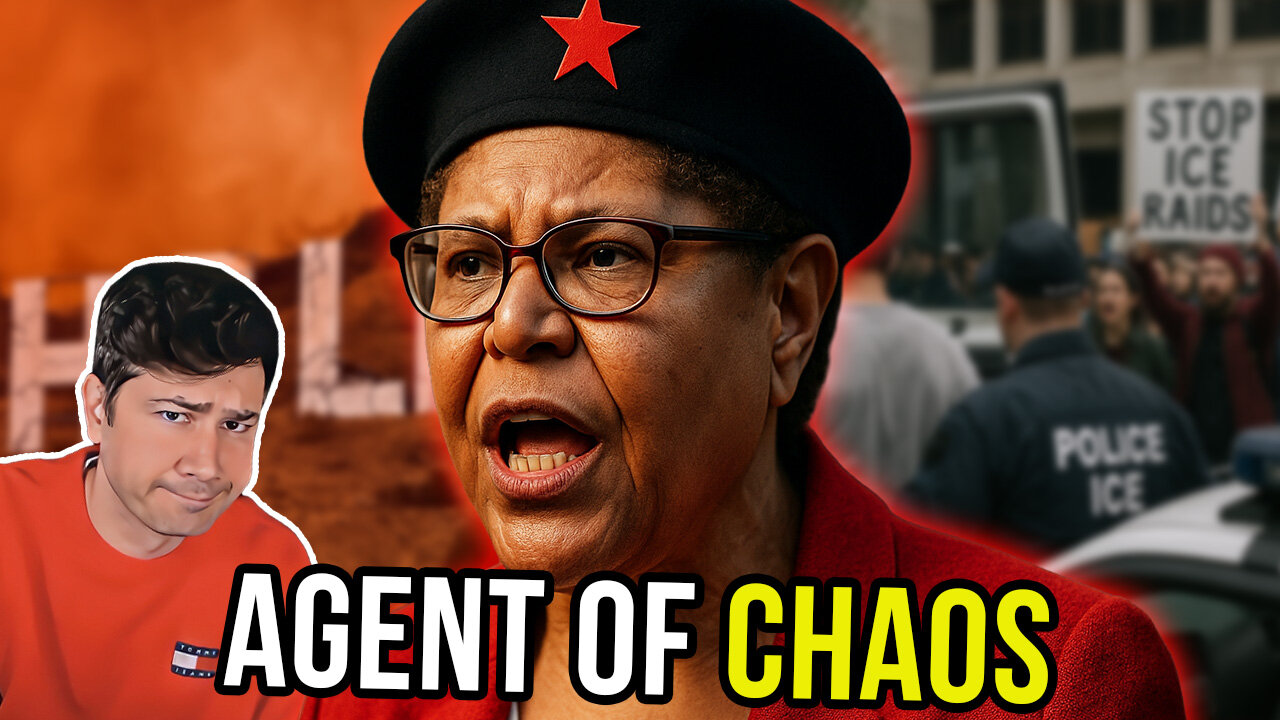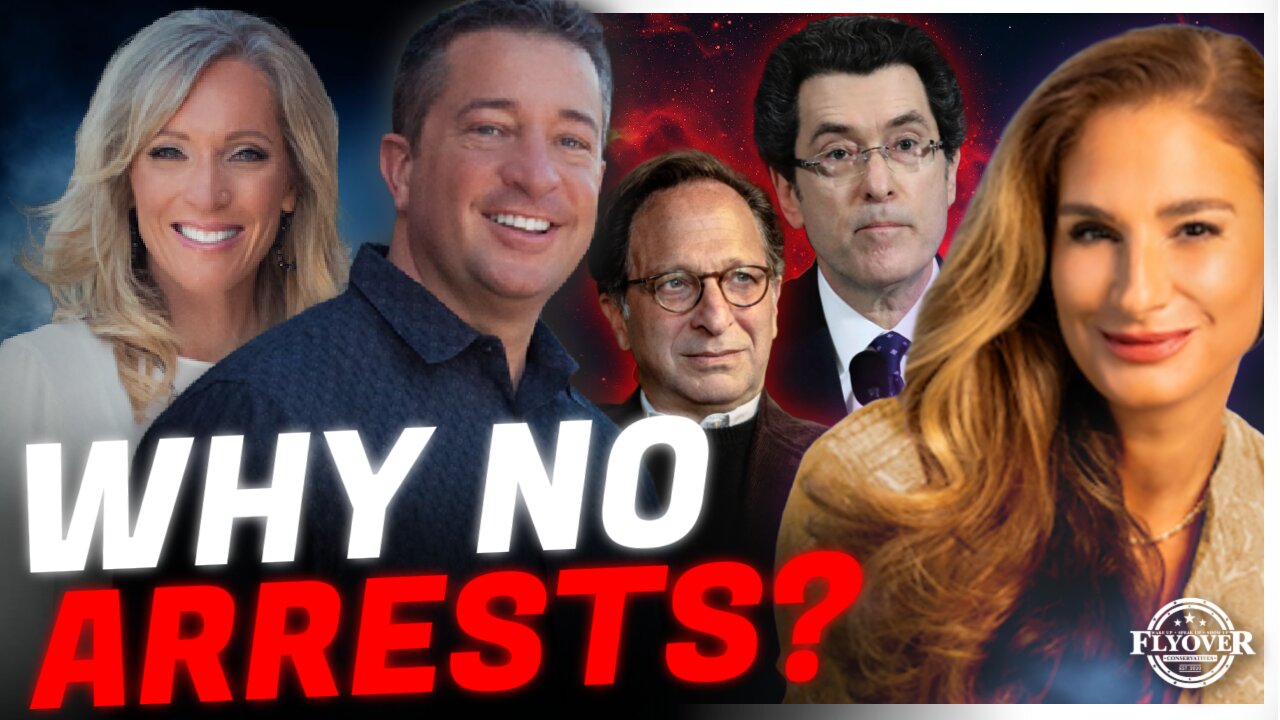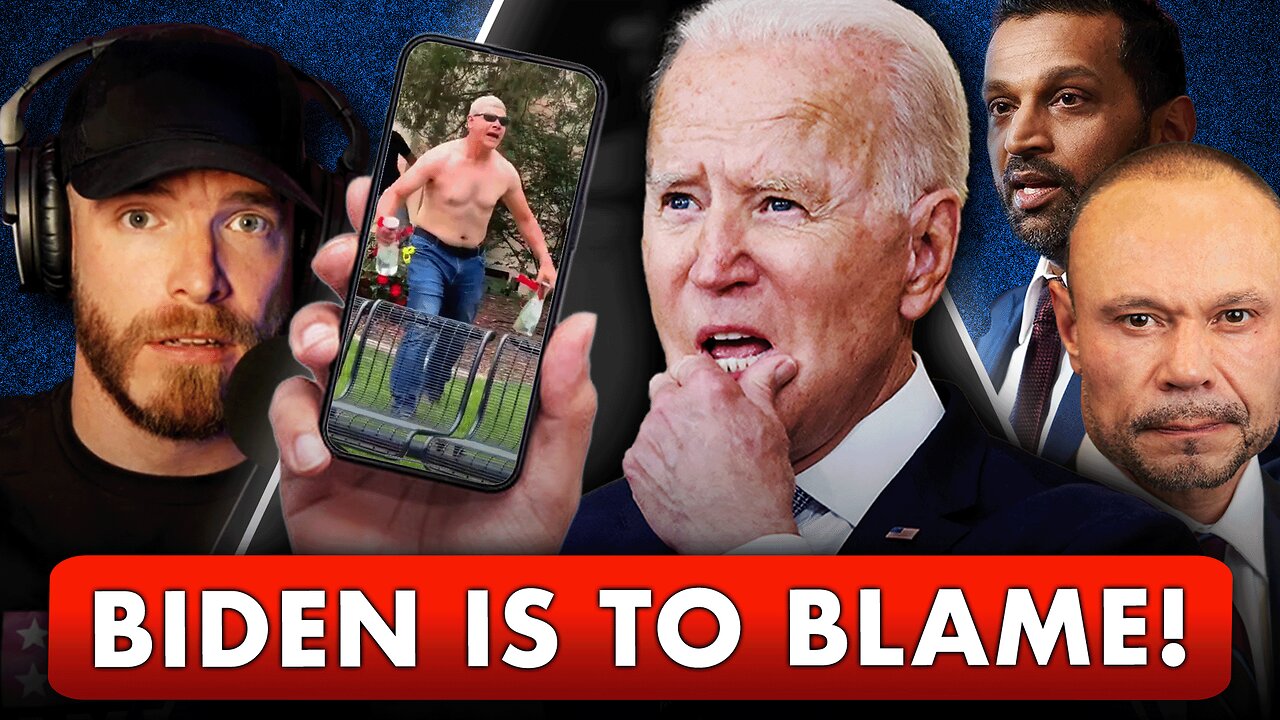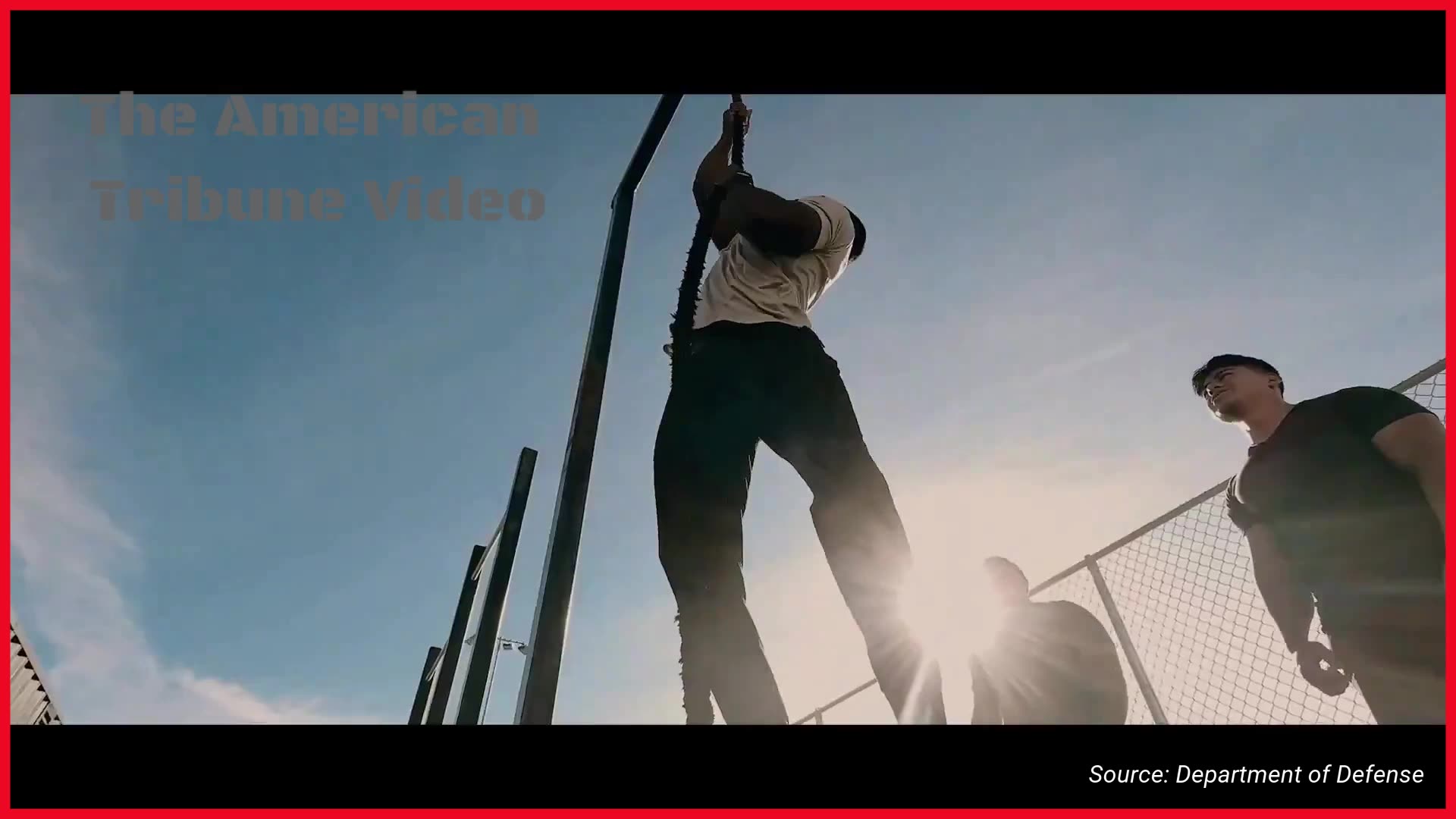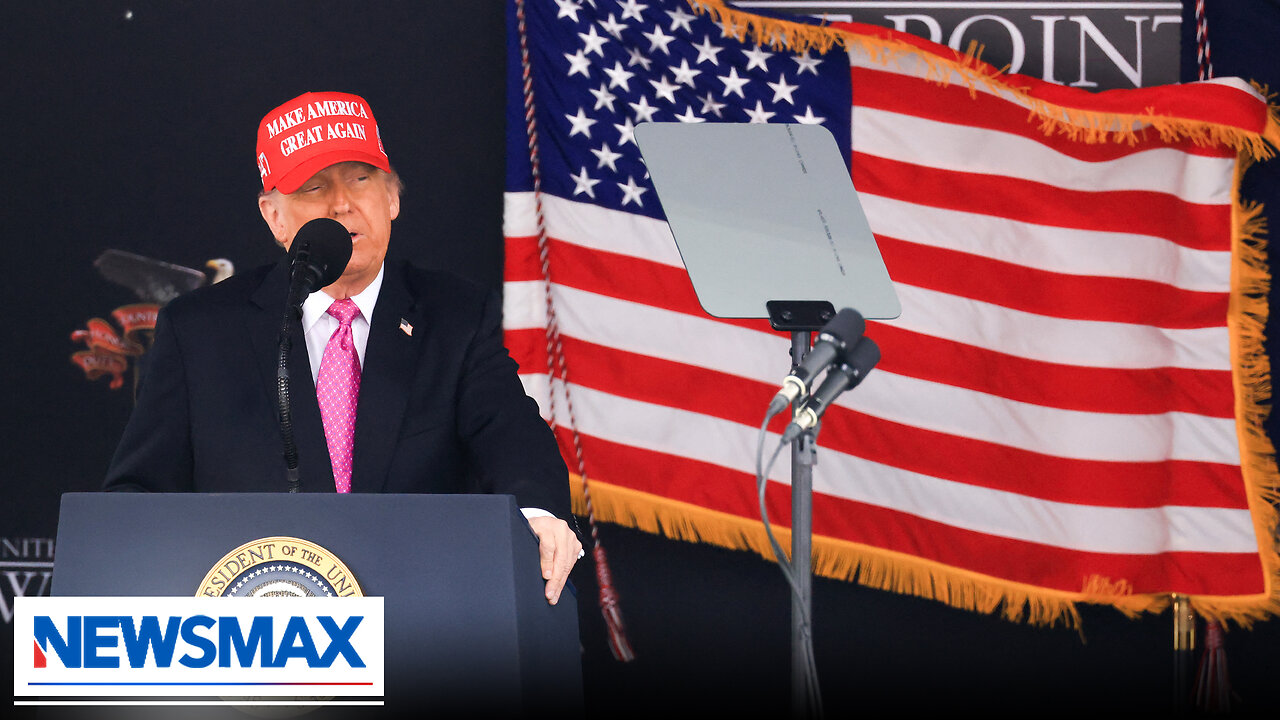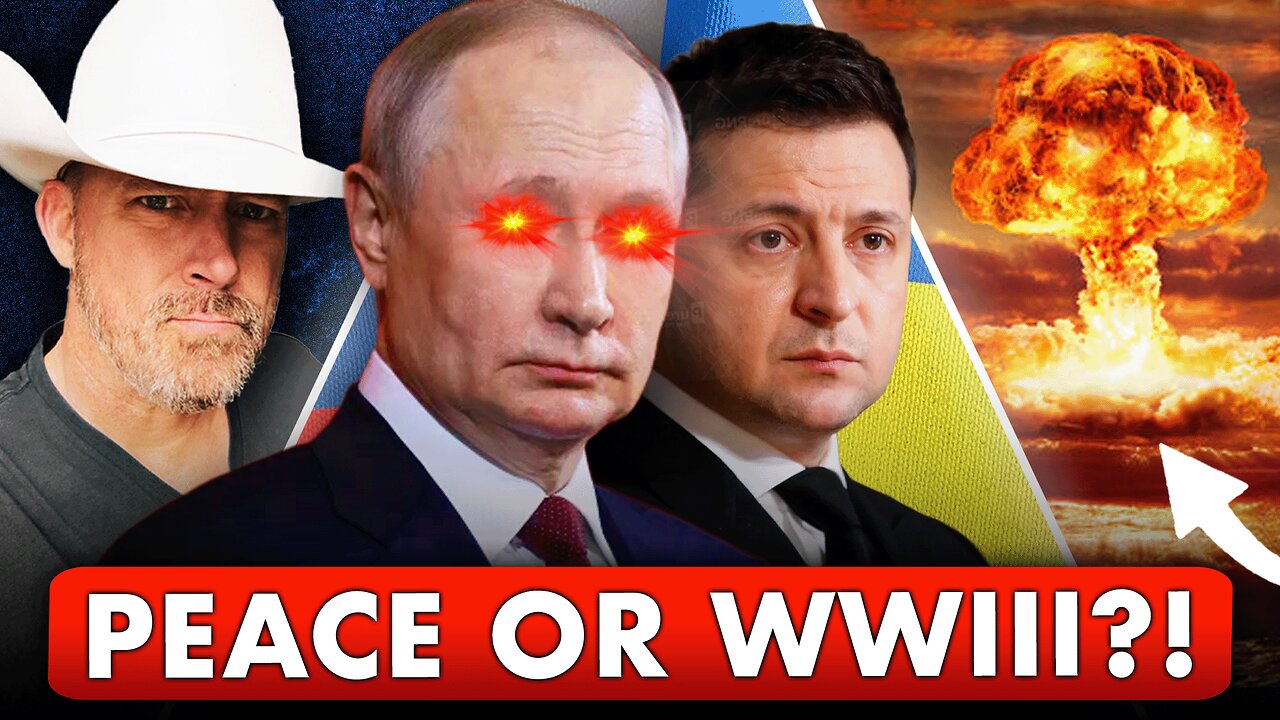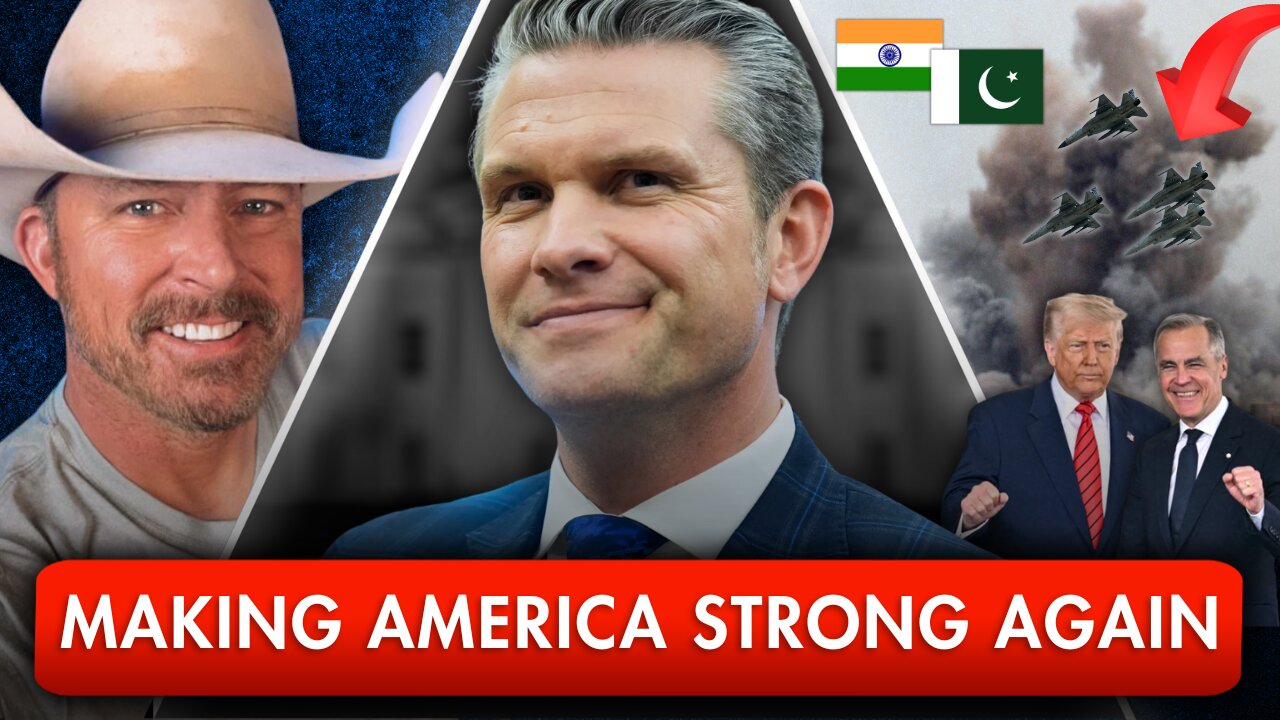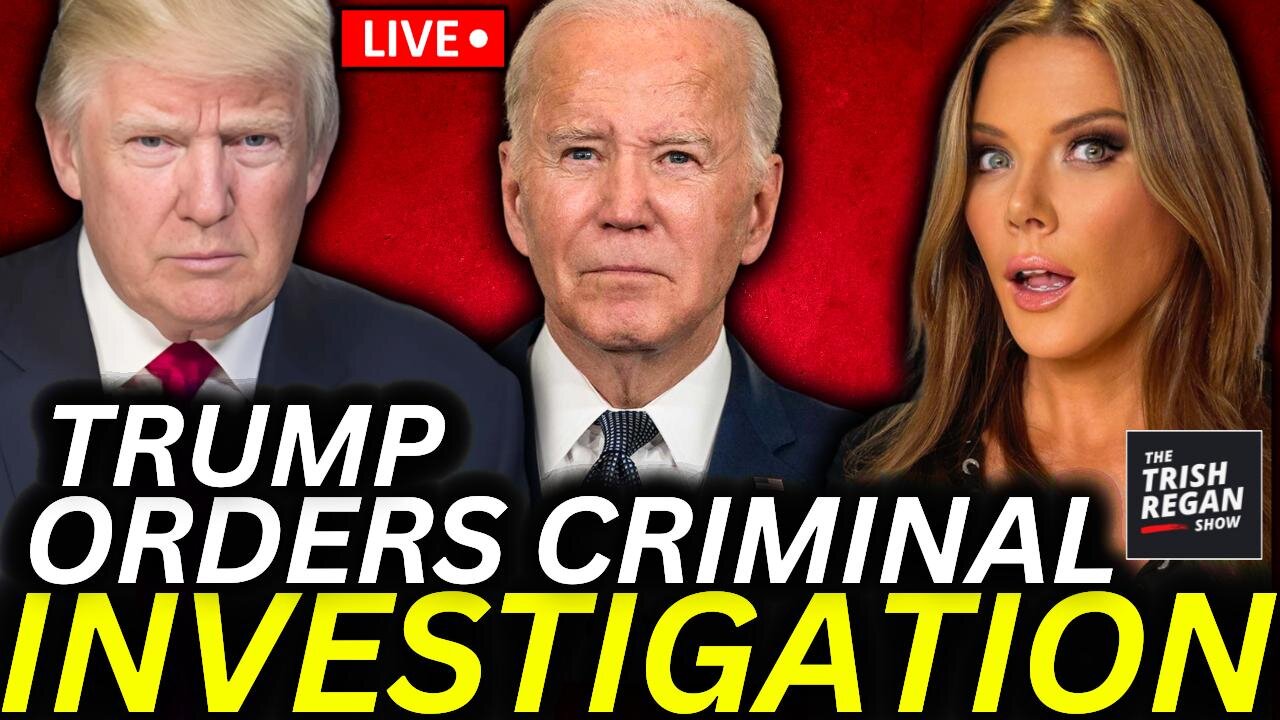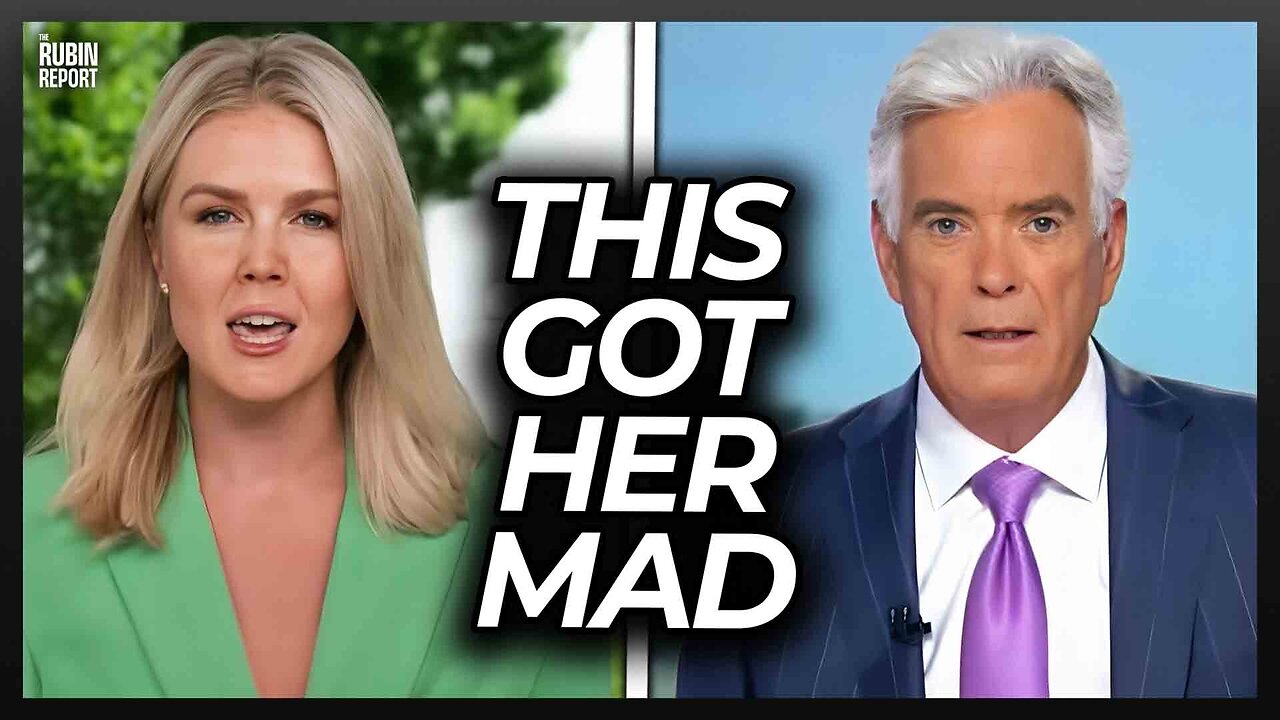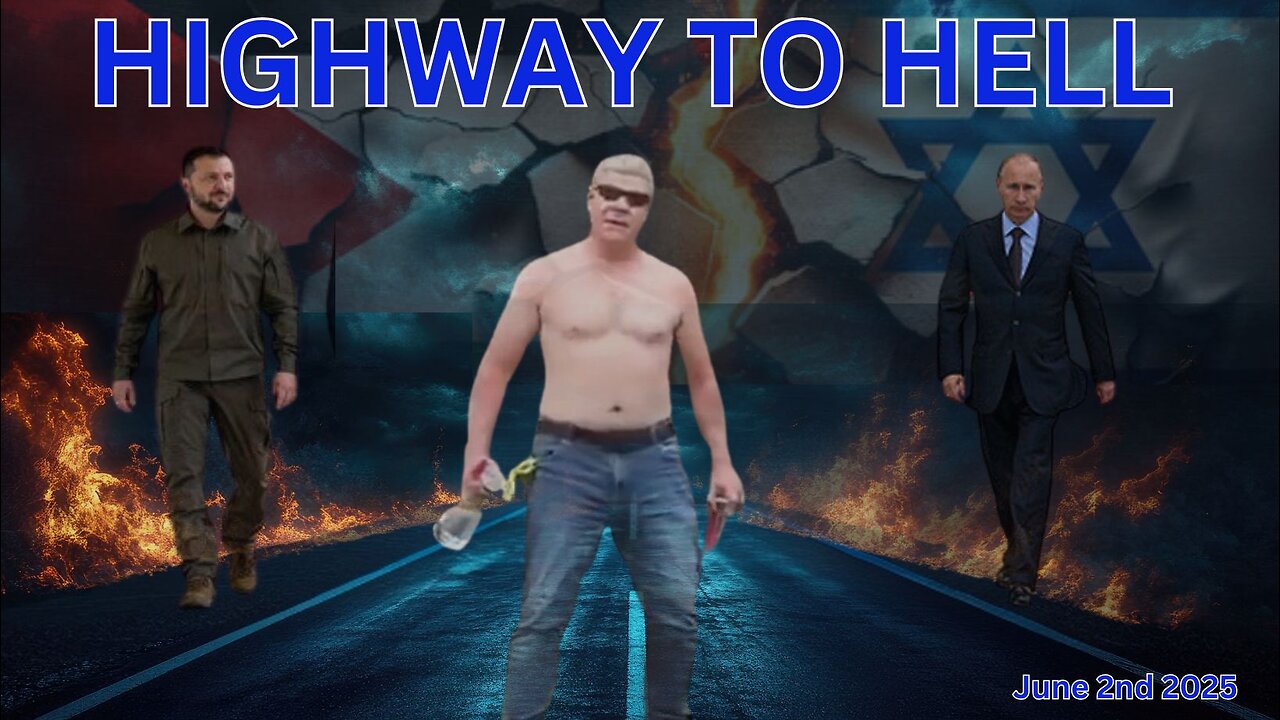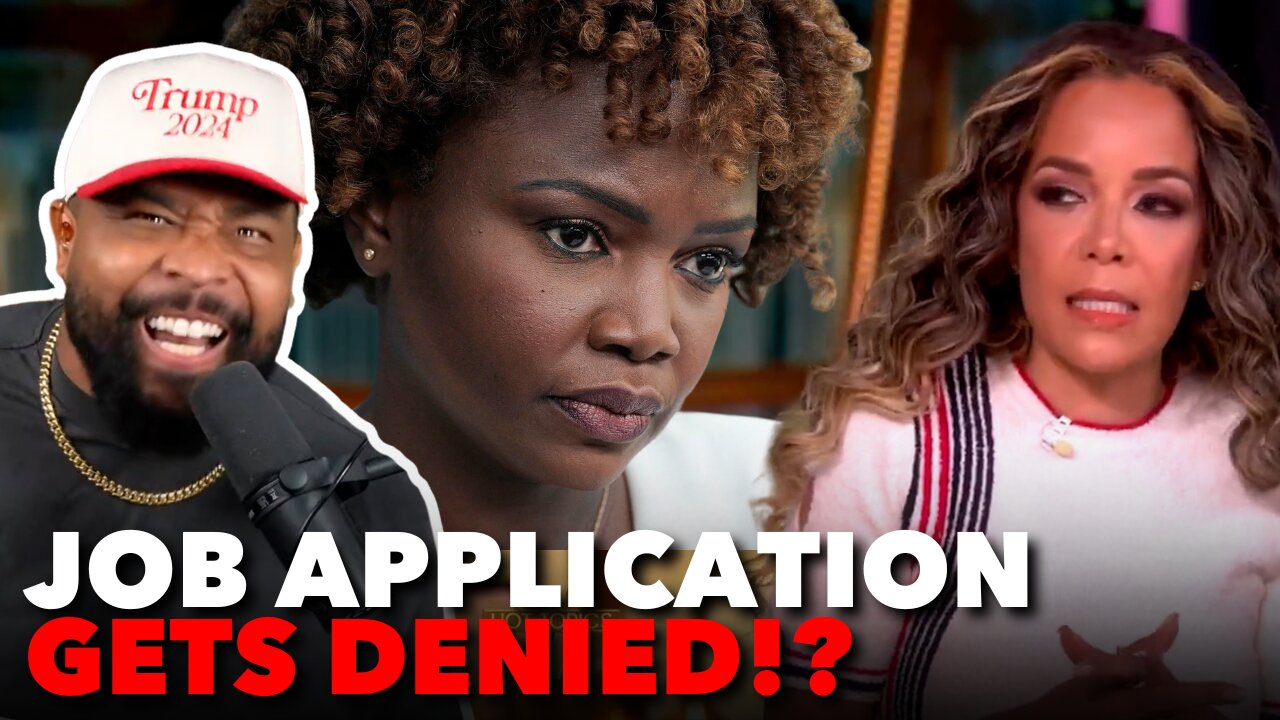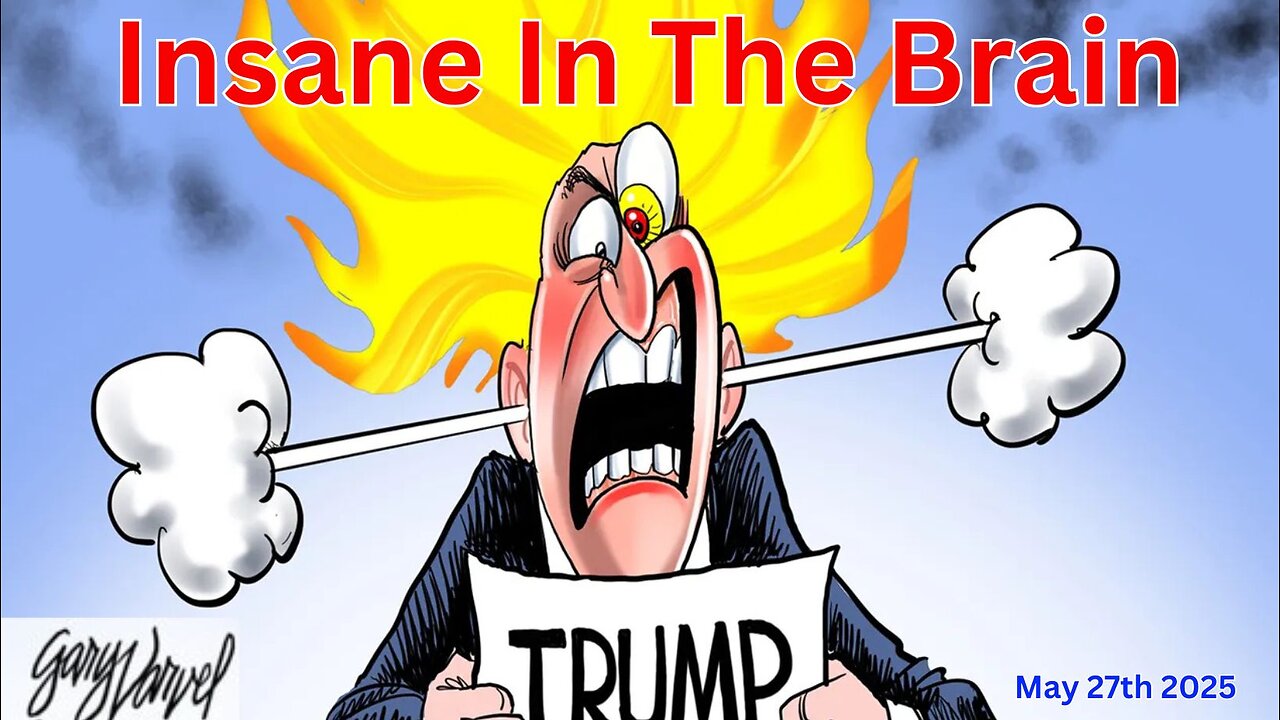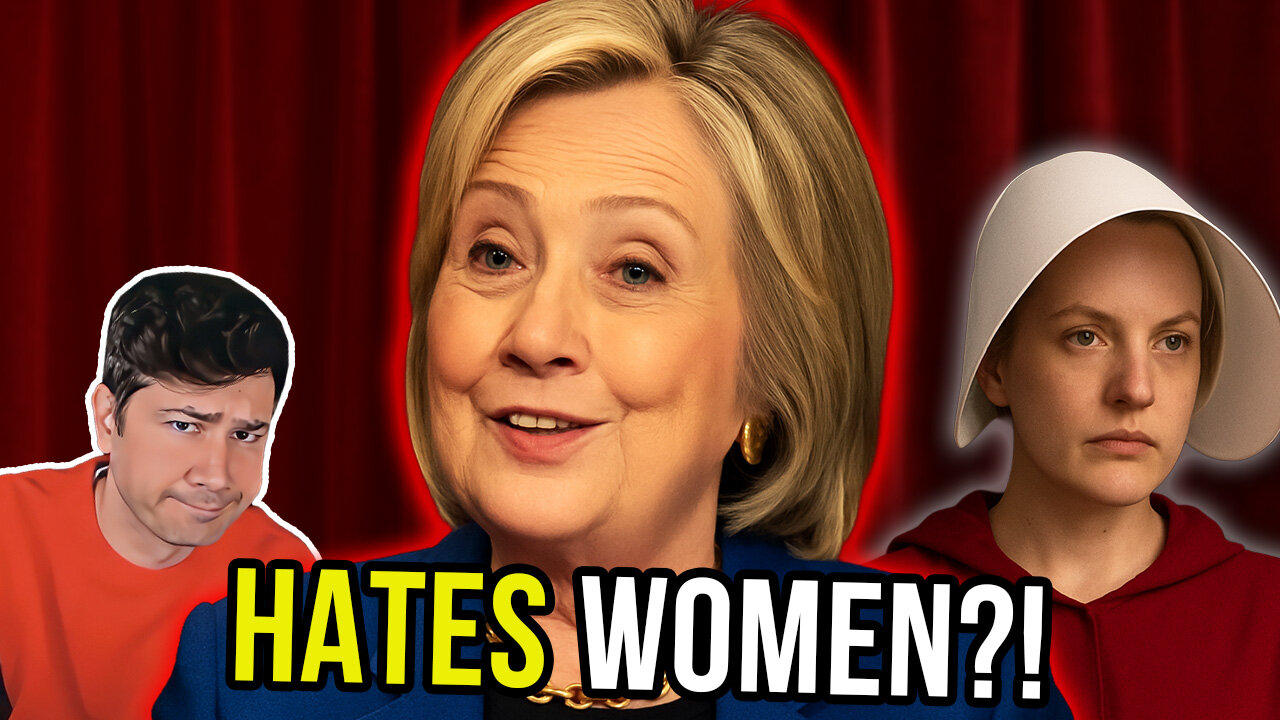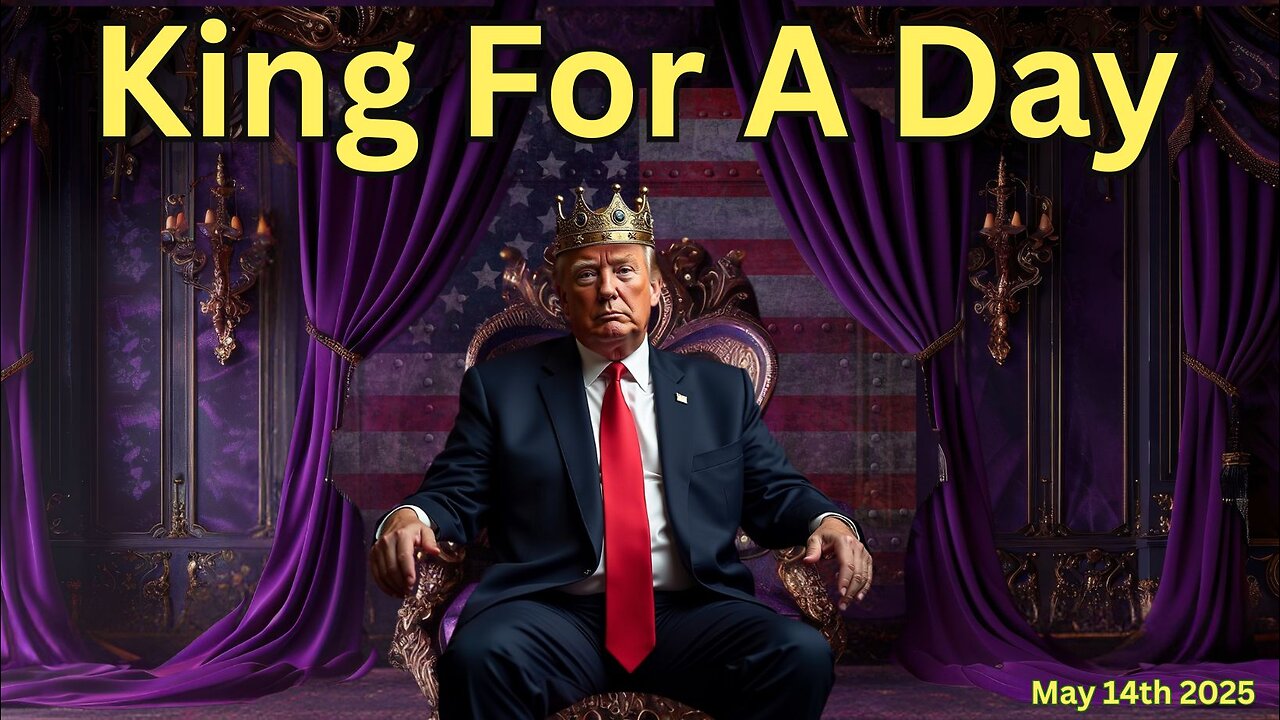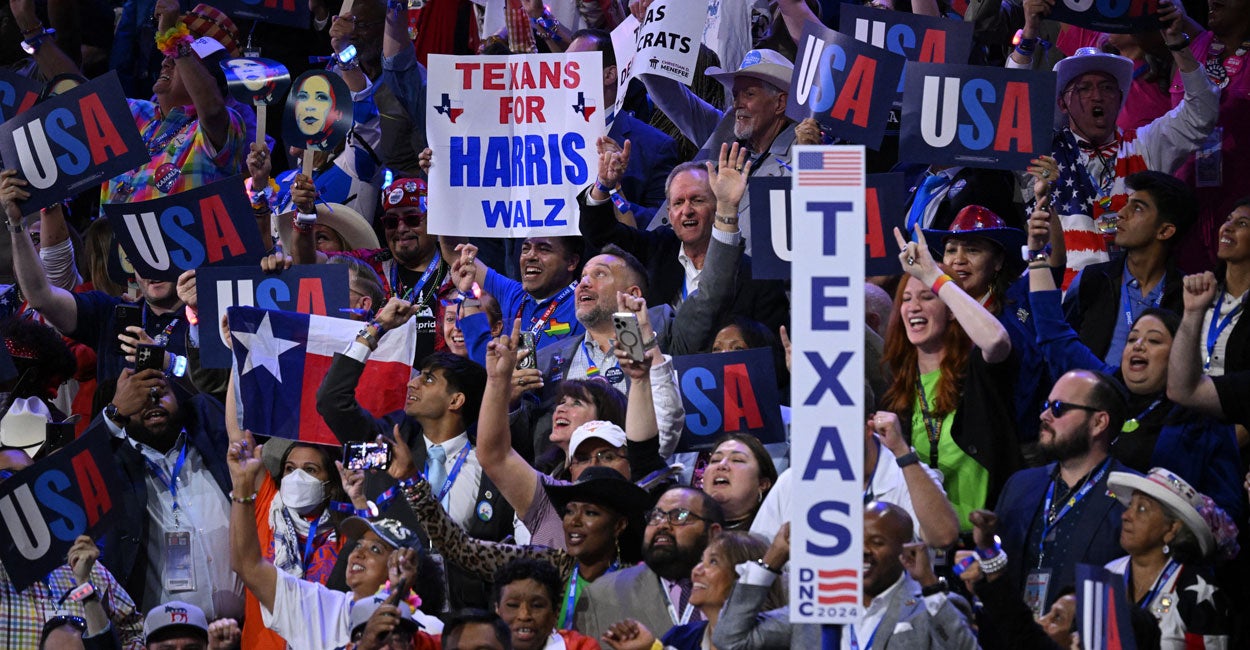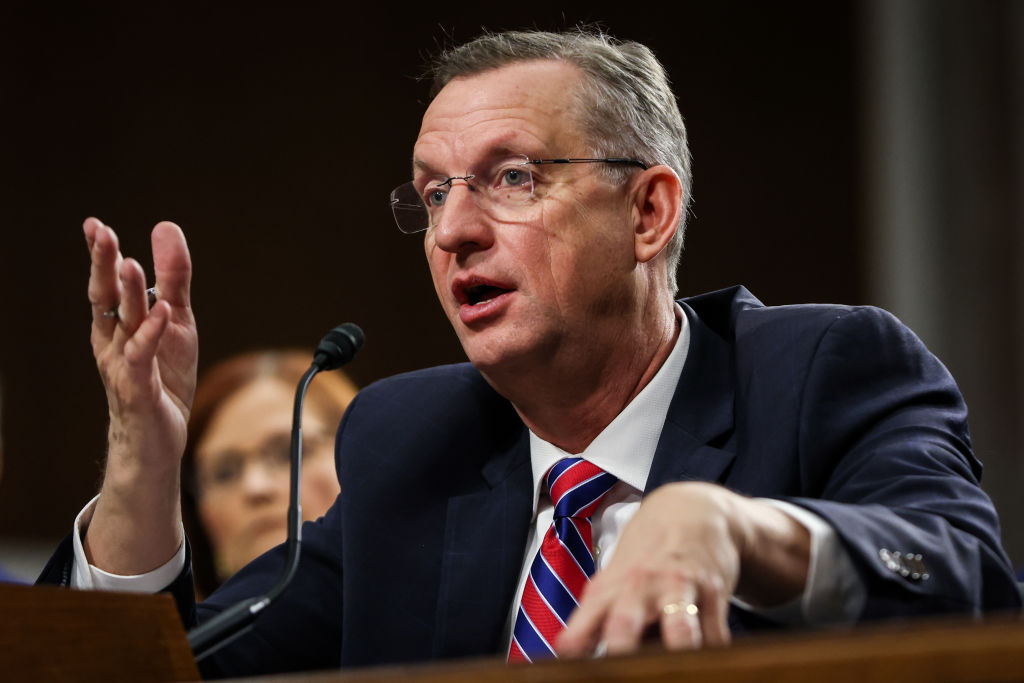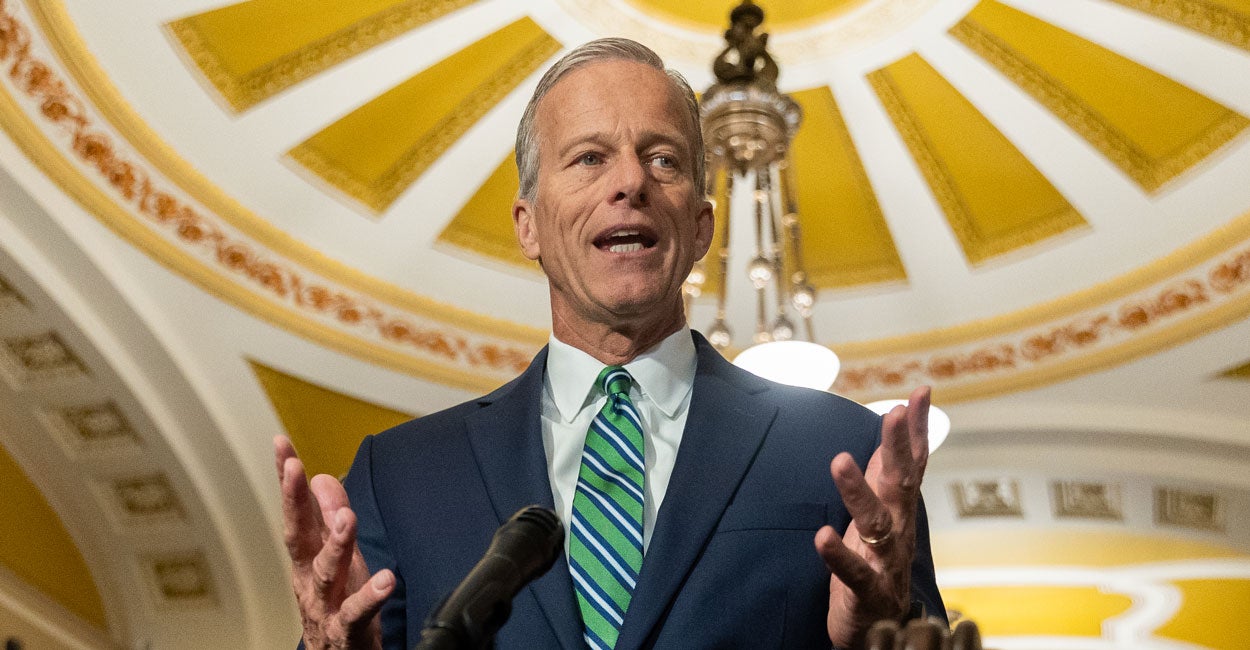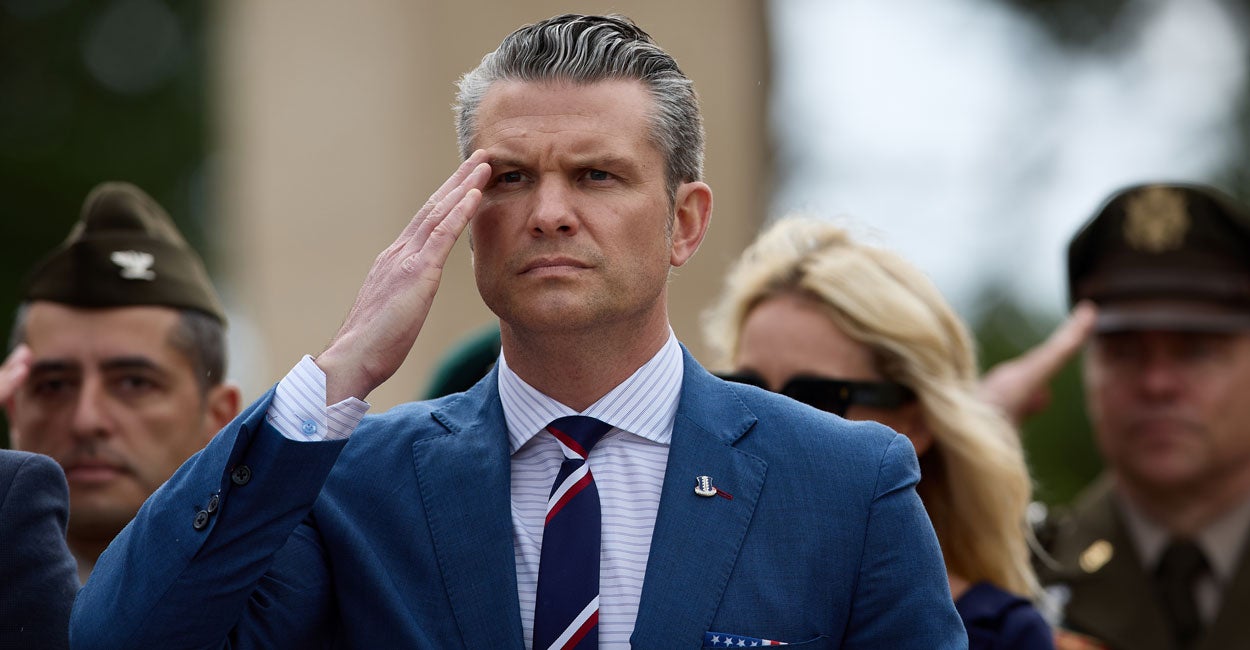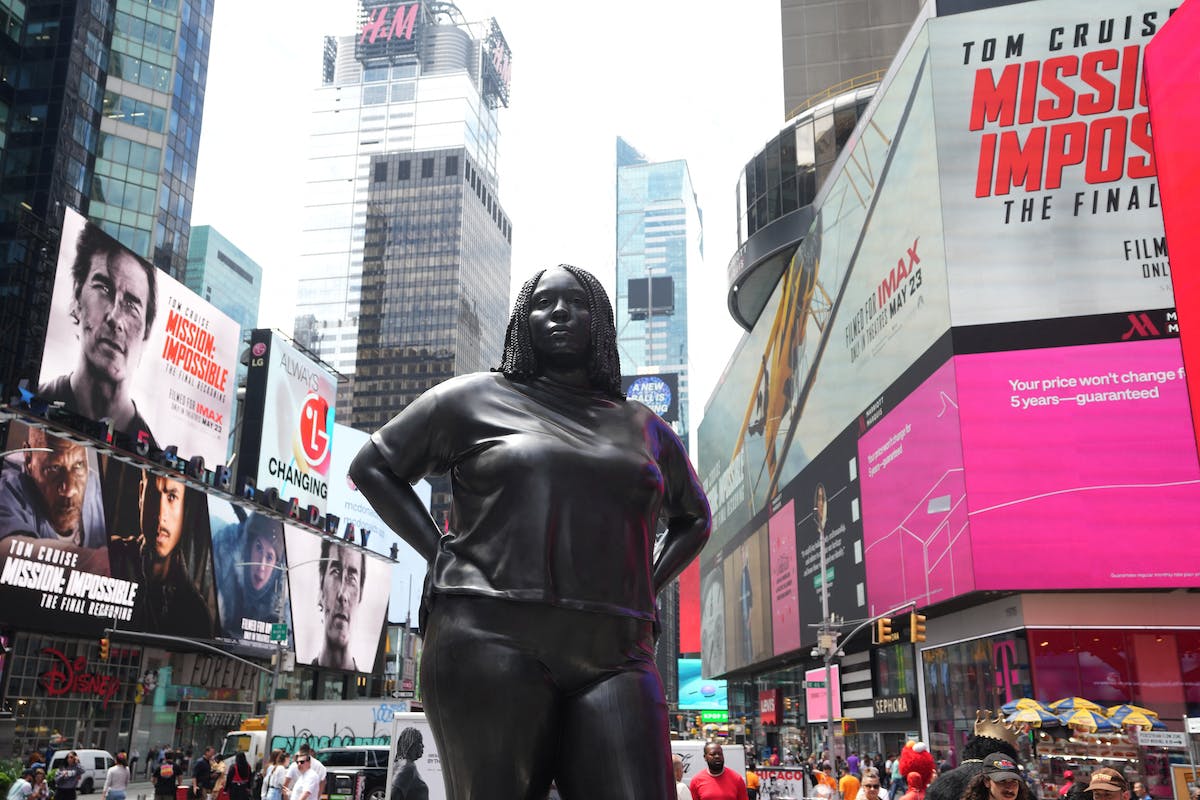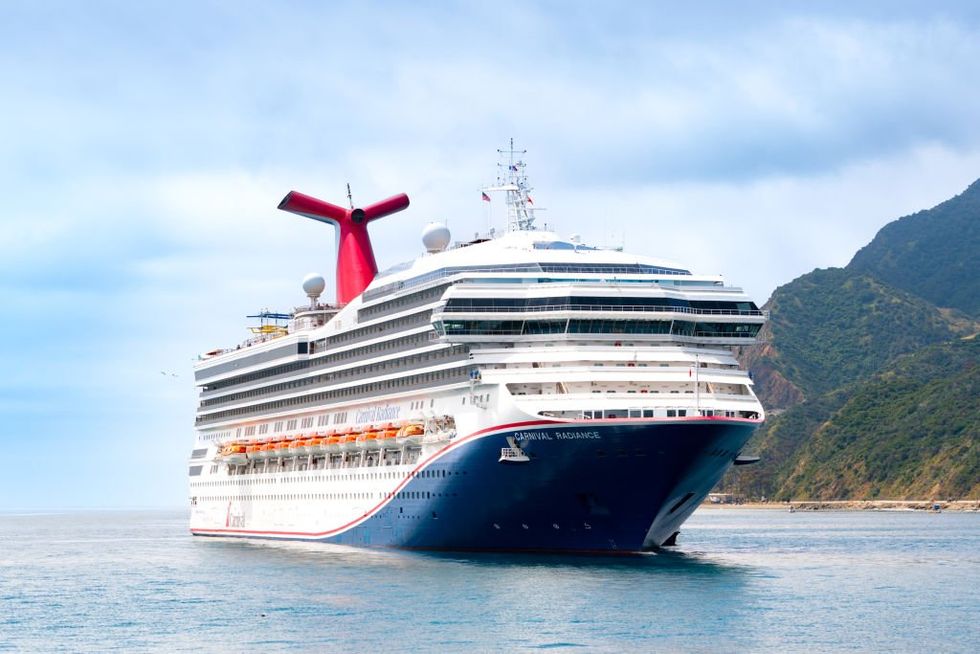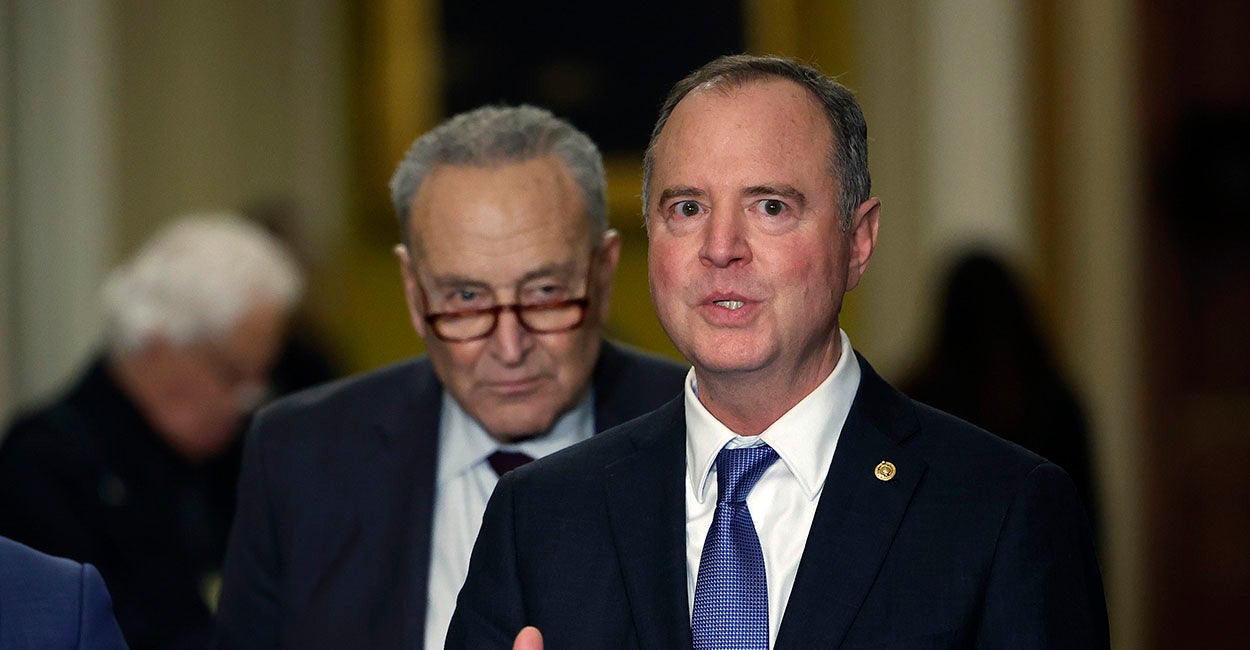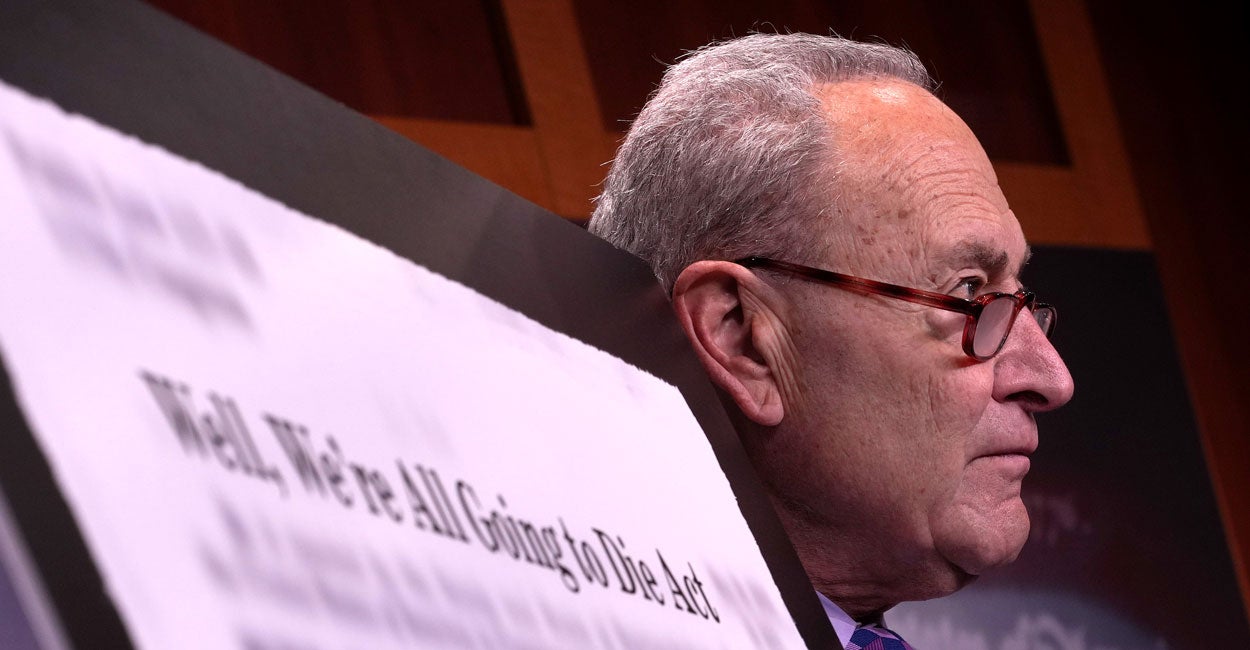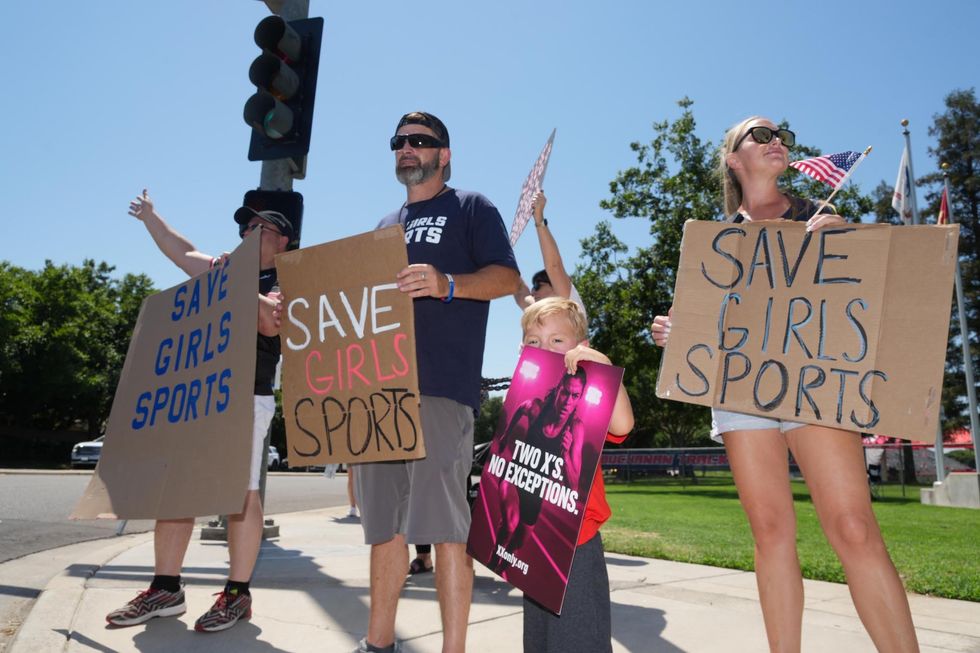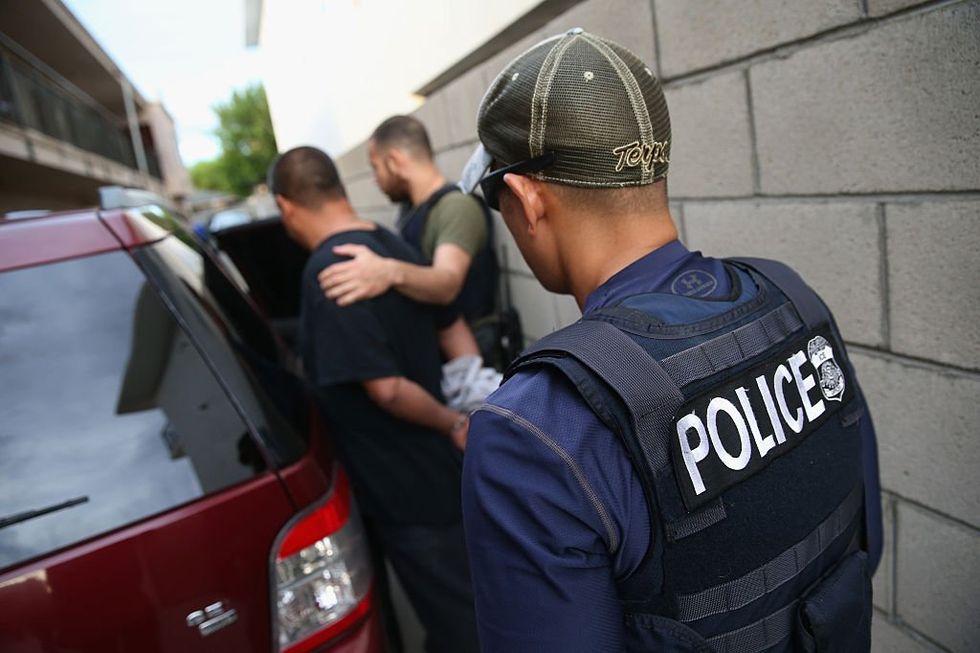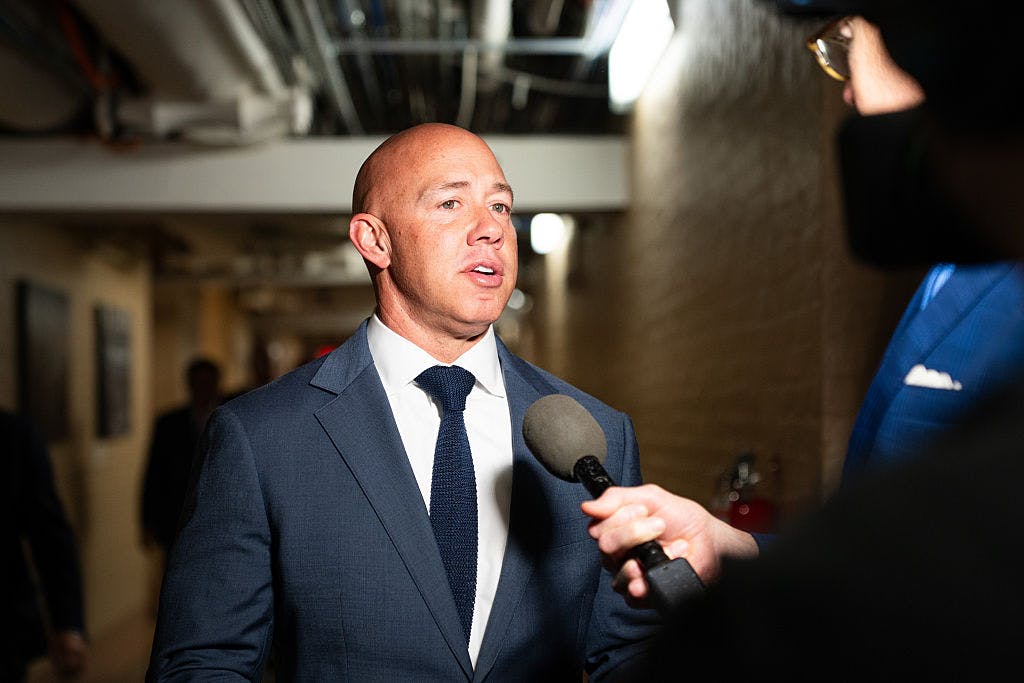Who betrayed America’s warfighters?
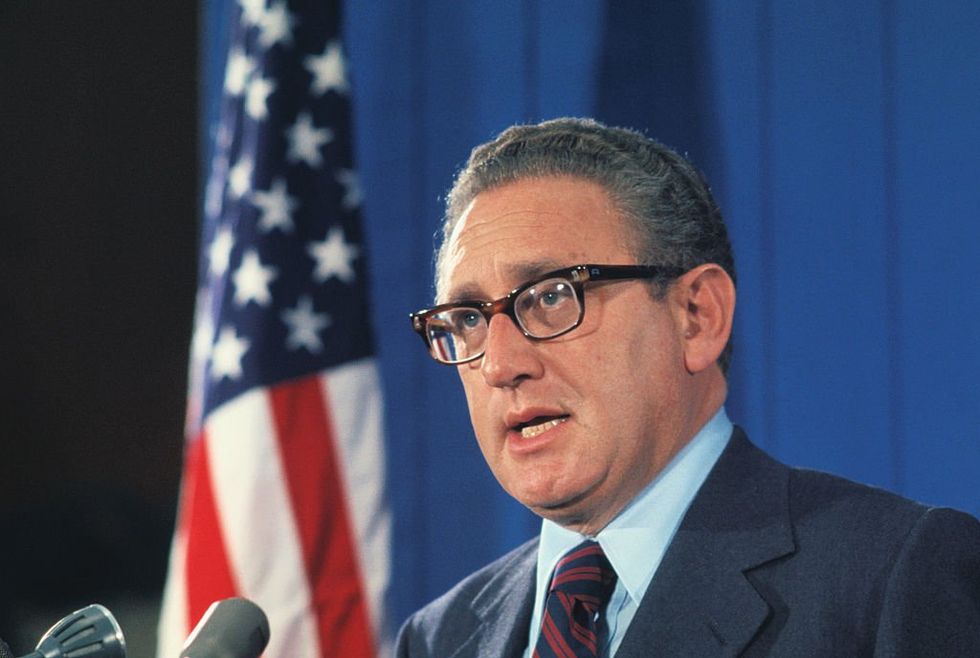

Before the Trump administration can execute a MAGA national security policy, the legacy of Henry Kissinger must be exorcised.
Kissinger’s legacy has been a curse for 49 years. His intellectual brilliance, his Harvard credentials, his skill in cultivating elite patrons by feeding their illusions of self-importance brought him power and wealth on false pretenses and at a cost to his country.
This is our opportunity to replace a culture of self-indulgent delusions with a culture of truth and courage.
On January 9, 1971, Kissinger met secretly with Soviet Ambassador Anatoly Dobrynin. Without consulting President Nixon, Kissinger decided the United States could effectively “win” the Vietnam War by allowing this sequence of events to unfold:
- the North and South sign a peace treaty;
- the United States withdraws its troops from South Vietnam;
- the North leaves its 13 divisions inside South Vietnam;
- the South has two years of freedom; and
- with massive Soviet and Chinese support, the North conquers the South.
After their meeting, Dobrynin reported to his ministry in Moscow that Kissinger said: “Ultimately it will no longer be the Americans’ concern, but that of the Vietnamese themselves, if some time after the U.S. troop withdrawal they start fighting with each other again.”
In reading the transcripts of Kissinger’s conversations with President Nixon, we see the unctuous and devious manipulation of Nixon’s political needs and phobias. Nixon was left in the dark about Kissinger’s “possibility” that the North could win its war if it gave the South a short period of freedom. Nixon never knew the depth of Kissinger’s betrayal until I told him in 1989. He went white and lost all composure as he internalized the horrific implications of what he had just heard.
By setting up the South for failure and defeat, Kissinger betrayed not only his president but also American warfighters and their families, along with our allies in South Vietnam and a generation of men and women who believed in American leadership abroad. Kissinger’s machinations undermined America’s moral authority in world affairs, paving the way for policy failures in Iraq and Afghanistan and imposing the curse of defeatism on the American people.
When thinking of Kissinger’s reputed accomplishments, we might call to mind the passages in the Gospel of Matthew where the devil himself tempted Jesus with rule over powers and principalities. Jesus merely said: “Get thee hence, Satan,” and the devil was left powerless.
The moral stain and political stench of betrayal must be cleansed.
We need the right person to make possible such a victory over our sinful past.
Pete Hegseth could be the change agent America needs.
Hegseth has affirmed that his mission is to focus on warfighting, on how to win when the chips are on the table. As a veteran of the wars in Iraq and Afghanistan, Hegseth knows firsthand the battlefield consequences of weak political leaders who cover their own misjudgments with deceit, who lack any fidelity to those who sacrifice their minds and bodies to execute the mission.
To cure the evil left behind by Kissinger and other elites groomed in his image, our national security institutions need a moral reform from top to bottom. This is our opportunity to replace a culture of self-indulgent delusions with a culture of truth and courage.
The subtitle to Hegseth’s most recent book — “behind the betrayal of the men who keep us free” — indicates he has internalized the lesson of Kissinger’s betrayal of an earlier generation of Americans and can point our minds and hearts in a new direction of securing our country with pride and honor.
Editor’s note: This article was originally published by RealClearDefense and made available via RealClearWire.
Originally Published at Daily Wire, Daily Signal, or The Blaze
What's Your Reaction?
 Like
0
Like
0
 Dislike
0
Dislike
0
 Love
0
Love
0
 Funny
0
Funny
0
 Angry
0
Angry
0
 Sad
0
Sad
0
 Wow
0
Wow
0
